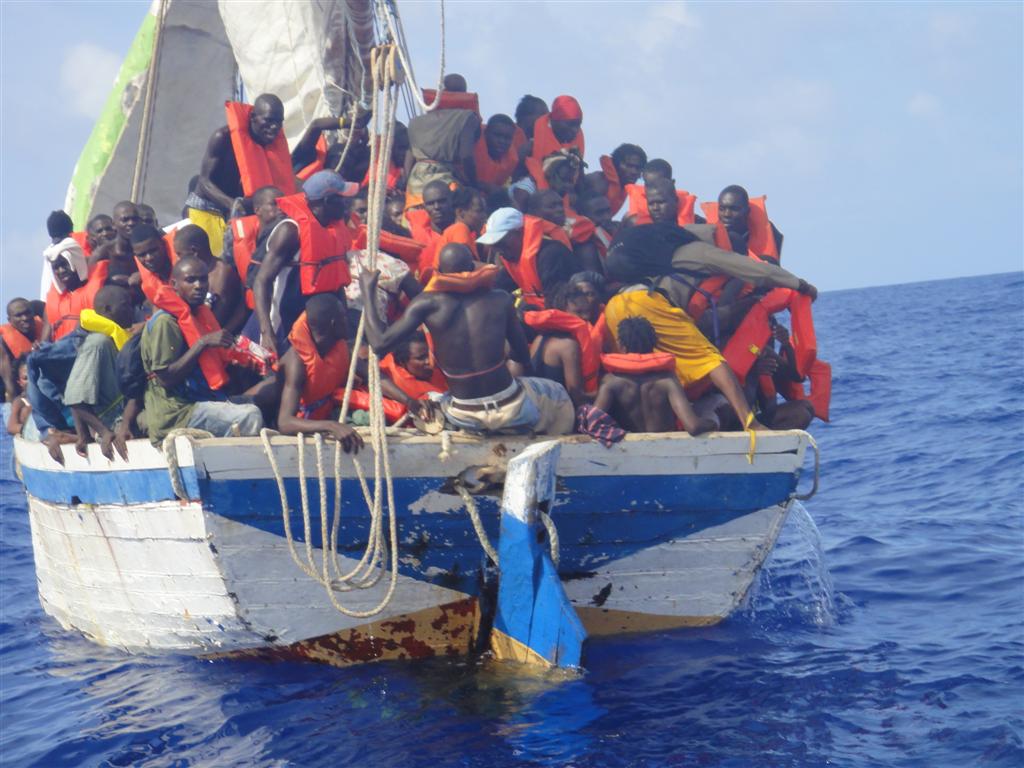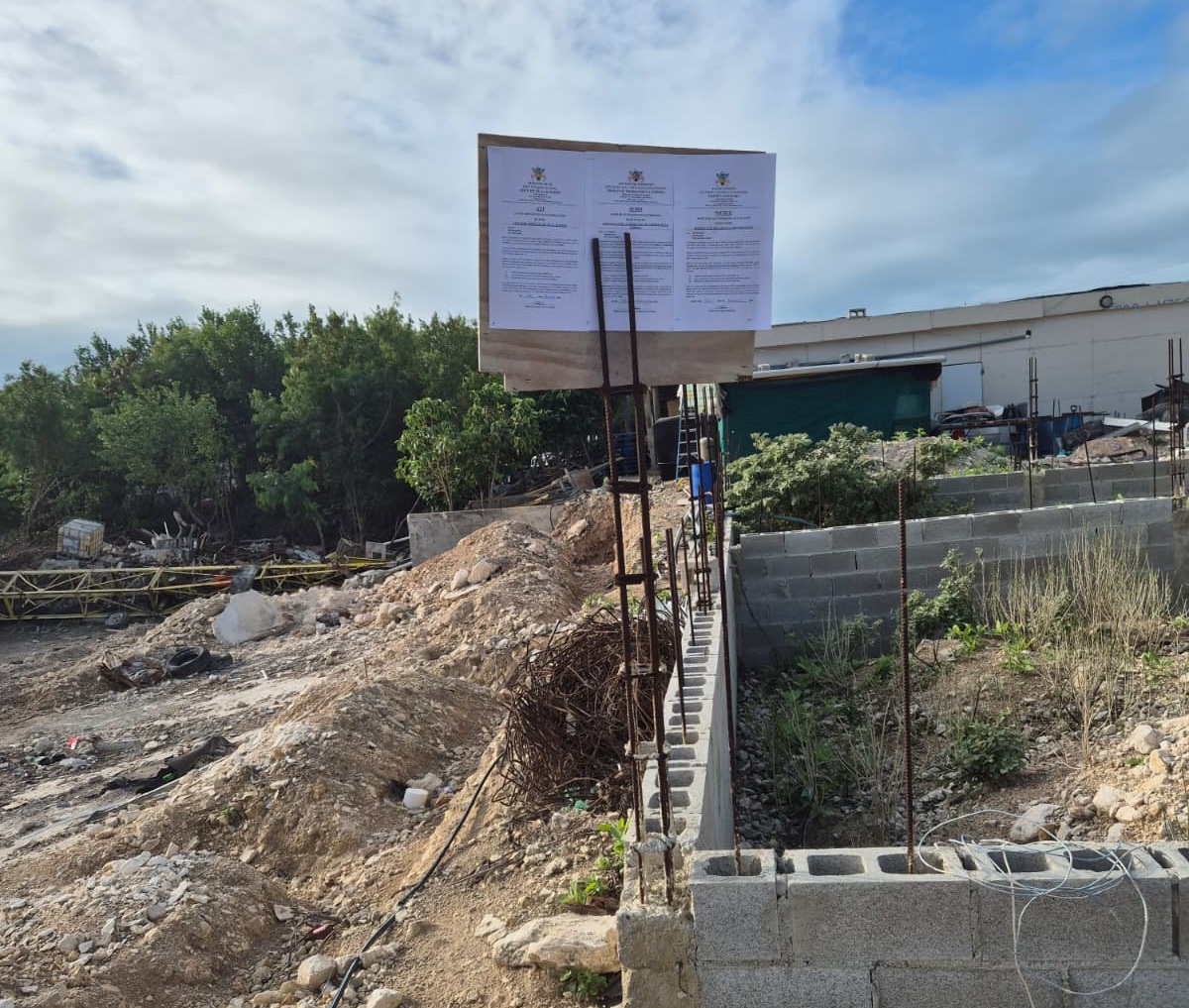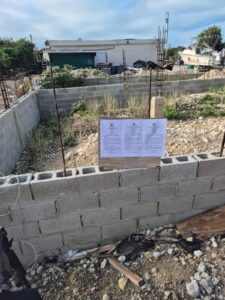#TurksandCaicos, March 24, 2023 – Immigration reform is perhaps the most complex policy to enact, let alone enforce without stepping on individuals human rights or on the toes of a certain group of people. I realize there is an undercurrent of tension right now as it relates to this delicate topic, but it’s important to discuss. This is why in my opinion, no one has the perfect solution or answers, not even major developed countries. Nevertheless, elected politicians have an obligation and a duty to come up with a comprehensive approach and viable solutions in the best interest of our the Turks and Caicos.
The impact of the recent pandemic have created even more of a nightmare for many countries around the world. As

a result, many people are suffering and in dire straits of basic needs. Amid the fears and instability in our neighboring country like Haiti, it’s pretty evident. As we can see, without intervention, it is forcing hundreds, if not thousands of illegal migrants to risk theirs lives to reach our shores.
Years ago, political pundits were taken back when the former premier stated that she cannot stop the illegal Haitian sloops from coming. Although, not politically correct, it has proven to be factual. Despite their tireless efforts, with some progress being made in recent months, which political party has yet to show they can?
For decades our country has dealt with illegal immigration, primarily Haitian and Dominican nationals and there seems to be no real solutions or end in sight. Recently, many other nationalities are seizing on the opportunities and taking advantage of the loopholes in our immigration system and porous boarders.
I’m inclined to believe we literally have thousands of undocumented immigrants living in our country under the shadows, be it from undetected illegal boats coming ashore or persons who have overstayed their visas.
The recent voters list published by Tci Sun, which showed only 9,034 registered voters out of a population of approximately 45k, could be indicative of the magnitude of our illegal immigration problems.
Currently, there are ongoing discussions of enlarging our franchise through a legal framework with descendants of TCI. Looking at it through this prism, although noteworthy, we ought to be careful not to rush this initiative. In doing so, it could be consequential. In the interim, why not deal with the problem at hand?
In a small island nation like TCI, unchecked immigration could threaten the very fabric of our society in terms of our culture, the burden on our existing welfare system, etc. What we need is zero tolerance for illegal immigration. Although we are advocates for human rights, our country has a rule of law that must be adhered too.
In order to properly enforce our current laws and bring about real change, the government will need to have stronger checks and balances in place, in addition to implementing more aggressive deterrent tactics.
Such as, a better tracking system for overstayed visas under the “Operation Guardian programme”.
-Imposing hefty fines for hiring illegals or aiding and abetting illegal entry.
-Housing enforcement of make-shift shacks erected on vacant properties, be it government or private.
-Investing heavily in border control and protecting our sovereign water ways.
-Increasing unannounced worksite immigration inspections, etc.
It’s unfortunate, but given the rapid decline of our indigenous population over the years and the construction boom, the country cannot continue to thrive and survive without foreign workers. The reality is, our country does not have sufficient local labor force to meet the construction demands and the growing need for workers in the service industry.
The question is, at what point are we willing to accept this reality? I also believe there is a broader appetite by the public for the government to make some necessary amendments to our current immigration policies. It’s evident, the British government who is ultimately responsible for our external security, is only spoon feeding us when we cry out. I’m afraid, the road we are currently on, its putting the country in a very precarious position which will be difficult to rebound.
With that being said, there are other options the government should also consider to help mitigate the internal and external impending threats. The first option: Whilst developing bilateral security partnerships is great, let’s ramp up the pressure on the British government to station their own coastguard ship in our waters on a semi-permanent basis. This will help to deal with the constant interceptions of illegal vessels and less reliance on the US and Bahamian Coastguard.
With our limited Marine resources, why are we processing hundreds of illegal migrants on our shores? Our system was not designed to house and support such levels of immigration. The high cost of repatriation is draining our already strapped fiscal budget, which in turn creates other economic shortfalls for the country.
The second option: Consider passing an amnesty bill with a path to citizenship for those without criminal records who can prove they have entered the country prior to XYZ date. For eligibility, such persons would have to provide some form of legal documentation, work history, passport and credible references.

Obviously, this will need to be a well thought out process and will require some kind of “Think Tank” committee to brainstorm this to see what the legal ramifications may be. It will also need to include our census bureau embarking on a countrywide effort for a more accurate headcount.
By doing this, we may accomplish a number of things, for one, it will decrease what I would characterize as the “slave labor pool” in our country. In addition, it will allow those who were once illegal to pay into our NHIB, NIB health and retirement system rather then draining it at our own expense.
“ The bottom line is, it’s a broken system and we cannot continue to kick the can down the road. If we operate the same way we will get the same results”.
As we have seen over the years, even though many of these voyages could be very treacherous, these migrants are undeterred by the seemingly odds of dying to get to TCI.
Therefore, it is futile to just sit back, complain and think it will magically go away. Because, at the end of the day, they are here, living and working among us undetected and have been for years. Something unprecedented must be done.
Illegal immigration is a matter that should concern all of us. Whether or not we choose to confront the problem, or just put a bandaid on it, it’s definitely something we need to tackle head on.
Ed Forbes,
Concerned citizen of Grand Turk


 Bahamas News1 week ago
Bahamas News1 week ago
 Bahamas News1 week ago
Bahamas News1 week ago
 Health1 week ago
Health1 week ago
 News4 days ago
News4 days ago
 Caribbean News6 hours ago
Caribbean News6 hours ago













